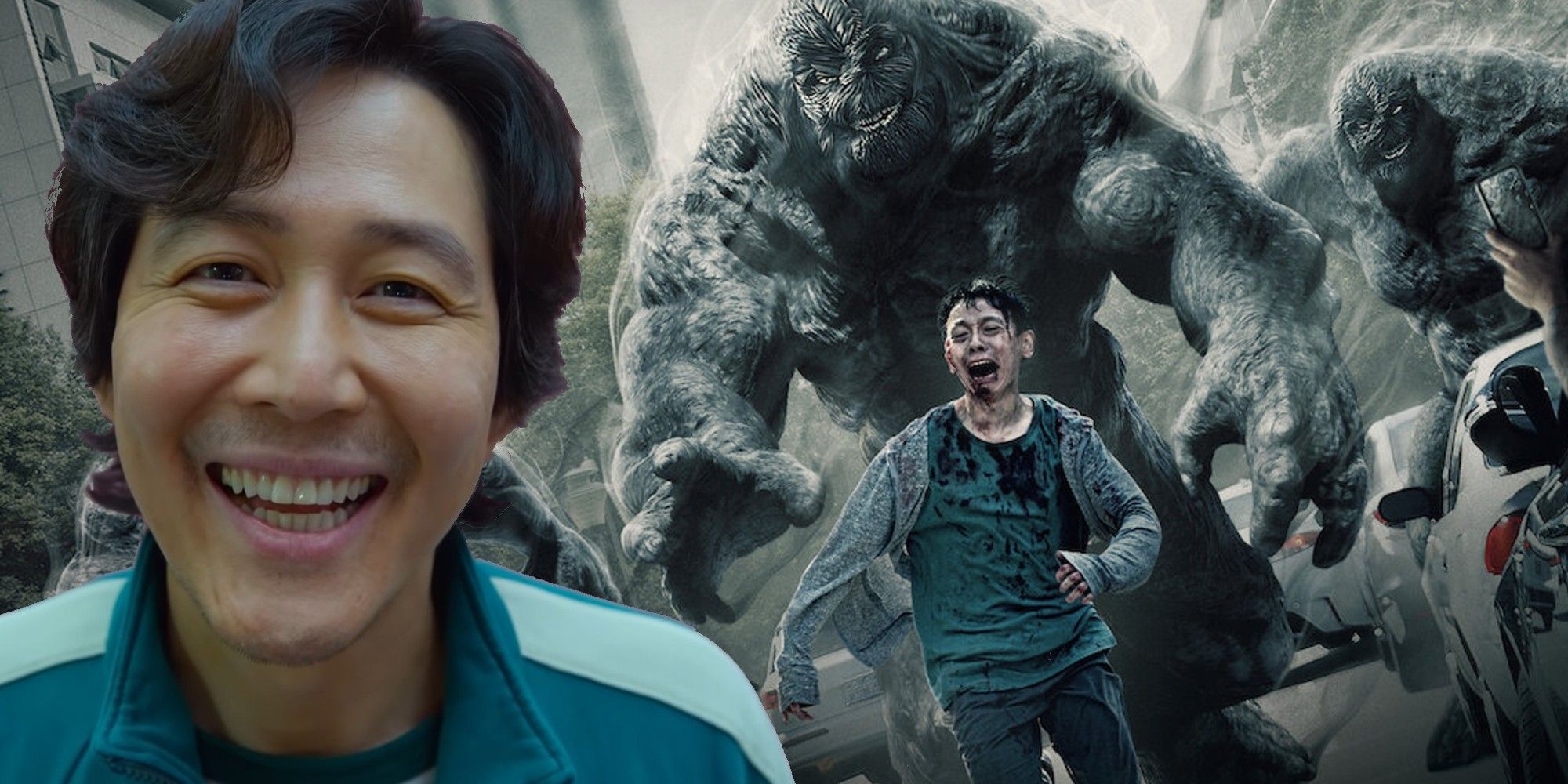Yeon Sang-ho, director of Train to Busan and the creator of the hit Netflix show, Hellbound, discusses the recent comparisons the show has been getting to Netflix’s Squid Game, another massively popular South Korean show. Hellbound deals with modern society’s reactions to supernatural and unexplainable events, and how they could be worse than the events themselves. Beings appear on an alternate version of Earth and tell its citizens when they are going to die and the sins that will lead them to going to hell, which causes mass hysteria. This leads to society splitting off into groups, such as the New Truth Society, and turning against each other. Through this, the show deals with social and political themes that resonate with the viewer.
Earlier this year, Squid Game dominated the world, boasting massive viewership for Netflix. The streaming platform reported it had a record 1.65 billion hours spent watching the show, carving a path for more Korean shows to reach the West. Hellbound released in November, and also reported huge viewership numbers, easily topping the charts like Squid Game and becoming massively popular. This led to many fans comparing Hellbound to Squid Game.
Now, in an interview with the New York Post, Sang-ho discussed the comparisons his show gets to Squid Game. He talks about why he believes viewers have come to draw these comparisons between the two Korean shows, touching on the popularity of both. He also mentions the impact they had on reception to Korean dramas, and what that could mean for the future of other shows. Check out his full quote below:
“I think ‘Squid Game’ and ‘Hellbound’ have their differences and the reason why people like them is somewhat different. Both of them were popular because they had something that people could relate to and resonate with. I think everyone has a certain level of fear and darkness inside them, and I think that’s universal. So when I was making ‘Hellbound,’ I wanted to find out what kind of hope it can draw from the fear that’s in all of us.
It’s actually not been quite long since Korean drama delved into these dark and apocalyptic themes. With Korean movies, it’s been quite long — but TV was mostly romance and rom coms. It was only 3-4 years ago that Korean dramas got into these darker genres. I think there has been some environmental shifts in the industry, and a lot of creators in the film field came over to the [TV] drama industry, and that’s why they brought with them the darker drama.
I don’t think [a show] has to be dark in order to be globally popular. It’s just that ‘Squid Game’ and ‘Hellbound’ were two dark series in a row. ‘Crash Landing on You’ and ‘Hometown Cha-Cha-Cha’ were also some Korean shows that are very happy and are globally popular. So, I think Korea has a lot of different genres to offer. I think creators are focusing on genres that they couldn’t pursue before. Before, the mainstream was romance and rom coms, and for a change because the dynamic is shifting, that’s why we have more dark series.”
It makes sense that Sang-ho would want to clarify how the two shows are similar in exposing audiences to a new type of content. Since the shows came out relatively close to each other, Squid Game was still fresh, which could have led to people comparing the two even more. Additionally, Hellbound deals with religious issues and demons coming to Earth, while Squid Game is about torturous games that comment on capitalism and greed. The messages and plots of the show are vastly different, but, as Sang-ho mentions, they are undoubtedly important for audiences.
It will be interesting to see how audiences continue to receive Korean works that make their way to the West. This has already been seen with films like Parasite and is now happening more with the Netflix shows, so there is definitely room for more exciting and well-made content to come over. If Hellbound is anything to go off of, these shows will make their way to becoming more mainstream and introducing audiences to unique content that leaves audiences pondering the deeper messages that these shows tend to touch on.
Source: New York Post
About The Author
